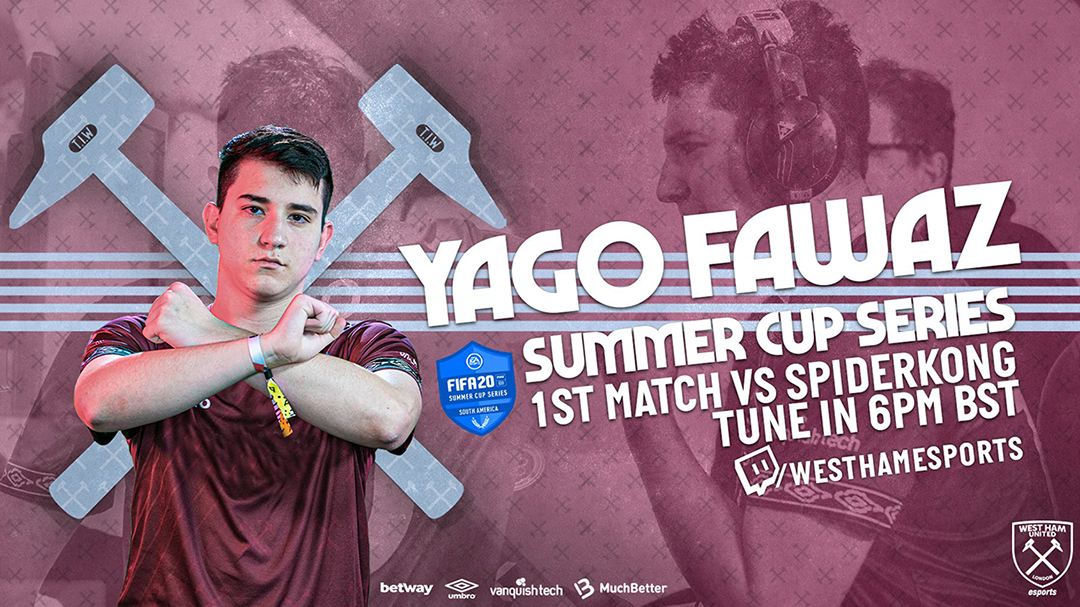
West Ham’s Tactical Evolution: How the Germany Training Camp is Shaping Their Premier League 2025/26 Campaign
West Ham United are gearing up for what promises to be one of the most physically and tactically demanding Premier League seasons in recent memory. A critical component of their preparation has been the recent week-long training camp nestled in the Black Forest region of southern Germany. This intensive pre-season period is already being hailed by captain Jarrod Bowen as a pivotal chapter in West Ham’s 2025/26 campaign buildup, focusing on physical readiness, tactical cohesion, and strengthening team bonds ahead of the gruelling 38-match slog.
The Pre-Season Challenge: From Rest to Intensity
After a six to seven week off period, replicating the intensity and pace of actual Premier League matches is notoriously difficult in regular training sessions. Bowen, fresh from his recent wedding and fully committed to the cause, pointedly framed the challenge ahead: “You can’t replicate in training what the game intensity is, so it’s going to be a challenge, but we want to win the game even if it’s a pre-season friendly.”
This competitive mindset — to approach friendlies with the same hunger as league matches — is emblematic of David Moyes’ philosophy as West Ham aim to build resilience and momentum early. The German camp offers a simulated pressure cooker environment, where physical exertion and mental sharpness are tested through high-intensity drills and tactical rehearsals that go beyond the ordinary.
“It’s a really important period in preparation for the Premier League season,” Bowen explained, highlighting how this stretch can set the tone for months to come.
Tactical Sharpening: Moyes’ Blueprint for Premier League Success
David Moyes, renowned for his pragmatic yet increasingly flexible tactical approach, uses these camps to embed key principles essential to competing in England’s top flight. The Black Forest terrain and environment provide an ideal backdrop for refining:
- Pressing triggers: Players learn when and how to apply pressure collectively to disrupt opposition build-up without exhausting themselves.
- Positional discipline: Maintaining shape to reduce vulnerability in transitions — especially critical against fast counter-attacks.
- Fluid transitions: Sharpening the team’s ability to shift swiftly from defense to attack, capitalizing on turnovers.
Friendlies against unfamiliar European-style opposition, encountered during the camp, deepen the squad's tactical adaptability. Facing teams with differing tactical philosophies exposes the players to diverse styles — from possession-heavy build-up to aggressive counter-pressing — enriching their tactical repertoire.
This exposure is invaluable for a side that has shown promise in domestic and European cups, where tactical flexibility can differentiate between a deep run and early exit.
Physical Conditioning Amidst Nature’s Challenge
The Black Forest, with its varied elevation and challenging terrain, serves as a natural training ground that tests players’ endurance and recovery capacity. West Ham’s coaching and fitness staff have capitalized on this setting to push the squad beyond flat-ground routines typical of London facilities.
The rigorous physical sessions focus on:
- Boosting aerobic capacity for sustained performance across 90 minutes plus stoppage time.
- Enhancing muscle recovery to reduce injury risk during a congested fixture schedule.
- Building mental toughness through physically demanding exercises that simulate match fatigue.
Such conditioning is critical given the Premier League’s notorious fixture congestion, especially with additional cup commitments and European qualifiers likely on West Ham’s horizon.
Bowen notes that this physical preparation is as vital as tactical work if the team is to maintain consistency throughout the season.
Team Bonding: Chemistry Off the Pitch for Performance On It
Beyond tactics and physiology, the camp serves an equally important social function — fostering camaraderie and team spirit. Spending concentrated time together away from the usual distractions helps players build trust and mutual understanding.
Bowen emphasizes this human element: “Spending valuable time as a group before the new season kicks off helps us gel not just as teammates but as friends. That’s key when you face the inevitable ups and downs throughout the campaign.”
This cohesion often translates into better communication on the pitch, quicker decision-making, and a shared commitment to the collective cause — intangibles that can influence tight games.
Strategic Implications for West Ham’s 2025/26 Campaign
As the Premier League grows increasingly competitive, with clubs investing heavily in both infrastructure and player acquisitions, West Ham’s strategic use of this German camp may be a defining factor in their quest for European qualification and domestic stability.
- The early establishment of pressing systems could see West Ham punch above their weight, disrupting top teams accustomed to possession-based football.
- Improved endurance and recovery might give them an edge in the latter stages of matches and through the season’s congested periods.
- Enhanced team chemistry could prove decisive in close encounters, where small moments define the outcome.
David Moyes’ blend of tactical pragmatism with modern physical preparation, underscored by Bowen’s leadership, sets the stage for a West Ham side ready to assert itself among England’s elite.
Looking Ahead
The Premier League season kicks off soon, and all eyes will be on the Hammers to see how their meticulous pre-season translates into points on the board. This Black Forest training camp underscores their ambition: to compete not just with grit, but with a refined tactical identity and the physical robustness needed to endure England’s football marathon.
For West Ham fans and neutrals alike, the 2025/26 campaign promises to be a fascinating test of how far this tactical and physical evolution can take the club on both domestic and continental fronts.
References:
Images sourced via Picsum Photos.